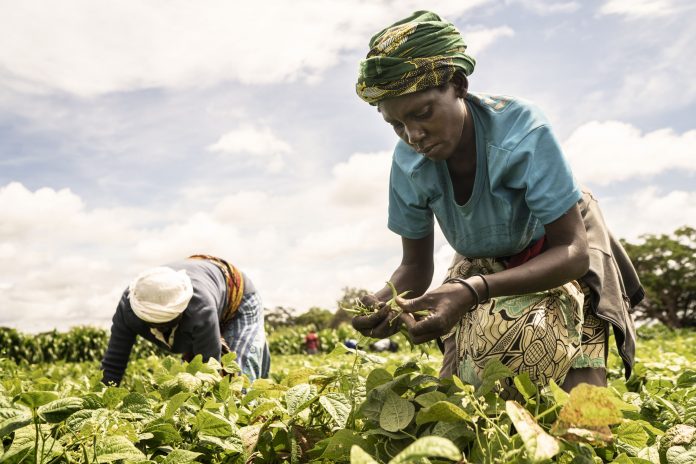
Even before COVID-19, Africa was facing an affordability crisis for healthy, fresh foods
By Abebe Haile-Gabriel, Food and Agriculture Organization of the United Nations Assistant Director-General and Regional Representative for Africa
Hunger is on the rise in all regions of Africa, particularly in Sub-Saharan Africa, and a healthy diet has become an out-of-reach luxury item for many Africans.
Even without considering the impacts of COVID-19, Africa is significantly off track to meet the agreed goal of ending hunger by 2030.
The evidence is stark. This week the UN Food and Agriculture Organization, together with four other UN agencies, launched The State of Food Security and Nutrition in the World (SOFI) report – the most authoritative global study of its kind.
The report found that Africa has the highest prevalence of undernourishment – more than twice the global average – and the fastest growth in the number of hungry people compared to other regions. If recent trends persist, Africa will overtake Asia to become the region with the highest number of undernourished people, accounting for half of the total in 2030.
This amounts to enormous lost potential for individuals, communities, economies and nations.
COVID-19 is compounding the problem. Disruptions to food supply and livelihoods mean that many households are facing increased difficulties in accessing nutritious foods, particularly for the poorest and most vulnerable. Preliminary projections outlined in the report suggest that COVID-19 could add an additional 83 to 132 million people globally to the ranks of the undernourished.
A healthy diet must not be a luxury
The cost of a healthy diet is above the international poverty line, meaning that people earning less than US$1.90 per day cannot afford to eat adequate calories and nutrients from diverse food groups.
Compared to other regions, this affordability poses the greatest challenge in Africa, where a healthy diet is beyond the means of nearly a billion people.
In West Africa, more than 80 percent of the population are estimated to not be able to afford a healthy diet – the highest percentage globally. In sub-Saharan Africa, a healthy diet costs 3.2 times more than the poverty line, and the situation is even worse in countries with a protracted crisis such as conflict.
The poverty line itself needs to be reviewed to include the cost of nutritious food as a basic cost of living.
Bold actions to end hunger
Bold actions are needed to transform food systems, make healthy diets affordable and drive progress towards the Sustainable Development Goal of ending hunger and all forms of malnutrition by 2030.
But just as there is no one healthy diet for all countries, there is also no one-size-fits-all solution to the affordability crisis.
Policy options and investments must enable transformations that will help reduce the cost of nutritious foods and strengthen the purchasing power of the poor.
Government policies must work to cut the cost of healthy diets all along the food supply chain, including by reducing food losses. Support is needed for small-scale producers to get fruit and vegetables to market at low cost – the SOFI report found that public investments in road networks in Africa could improve affordability of nutrient-rich foods by reducing transport costs. Consumers’ behaviour change must be fostered through education, and social protection and investment policies must have nutrition at their heart.
If swift action is not taken to reverse the hunger trend and make healthy diets accessible for all Africans, decades of progress will be undone. We must not let this happen.
Haile-Gabriel, Assistant Director-General and Regional Representative for Africa, Food and Agriculture Organization of the United Nations

